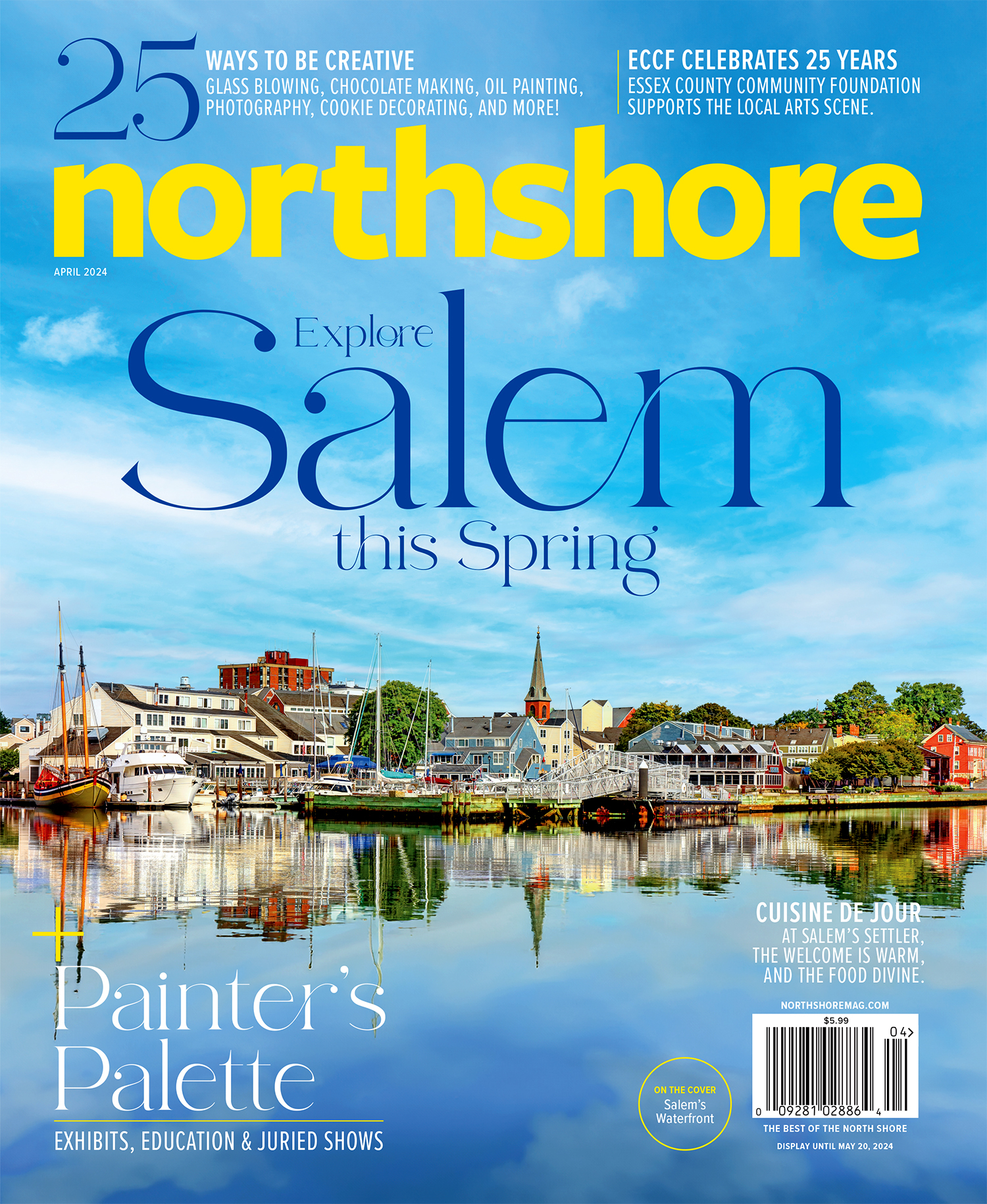In Israel, they measure history in millennia, not in centuries. “This is just a baby wall,” says Yehuda Ben Baruch, senior tour guide with Routes Travel, gesturing toward the thick edifice surrounding the Old City of Jerusalem. “I promise later to show you a 3,000-year-old wall.”
Indeed, wandering through the Old City, one is cast back in time, gaining a keen and almost immediate understanding of diplomacy necessary for maintaining peace in a tiny area –little more than a third of a square mile—with extraordinary religious significance for Muslims, Jews, and Christians.
Baruch is the ideal companion for the tour, a font of historic, cultural and culinary knowledge. And he seems to know everyone, greeting shopkeepers, passersby and restaurateurs with a warm “shalom” and a clap on the back. It’s easy to get caught up in collecting sites, but take a moment to look around. Sit at a café along one of the narrow passageways with a cup of mint tea, available almost everywhere and made with a fistful of fresh mint leaves, and soak up the sights. Young children traveling unaccompanied to and from school, women in headscarves, men on bicycles whizzing through the crowds with bikes piled high with loaves of freshly baked bread rub shoulders with casually dressed locals and tourists.
Stores hawking touristy souvenirs sit alongside stands selling perfumey incense. A city has stood on this site for thousands of years, and that history echoes in the limestone walls and narrow alleys.
The history in the Old City is breathtaking, from the Western Wall, a revered site for Jewish people with separate sections reserved for men and women, to the Dome of the Rock, revered by Muslims as the place where the prophet Mohammed ascended in to heaven, to the Church of the Holy Sepulcher, believed to be the spot where Jesus Christ was crucified, buried, and rose from the dead. Baruch’s extensive training, required for tour guide certification in Israel, means he can handle just about any question tossed at him, and does so genially. Here are some of his tips for visiting the Holy City.
WHAT TO DO
The history of Jerusalem isn’t contained within the Old City. Just outside the walls is the most visited attraction in the country, the City of David. An active excavation site—the visitor center is one of the few buildings in the city made of wood, so it can be easily disassembled should the ongoing dig require it—archaeologists use the Bible as one of the documents they reference to understand what they are uncovering.
The Machane Yehuda Marketplace is an excellent stop to gain a fast understanding of Israeli food culture. Stands are piled high with exotic spices, green and black olives, baked goods, halvah, and cheese, among countless other goodies. Purchase the Machane Yehuda Bite Card for 99 shekels (about $25)—it’s a self-guided walking tour that comes with a snack. Participants get a map of the market, a smart-phone based audio guide and six coupons to be turned in at different vendors for tastes of everything from baked goods and stew to hummus and “malabi”—an Israeli-style milk pudding.
Yad Vashem, the Jewish people’s living memorial to the Holocaust, is not an easy place to visit, using actual artifacts and stories from survivors and those who were murdered to tell heartbreaking stories of individuals, but it is important and worthwhile. The striking prism-shaped building is an architectural marvel, housed almost exclusively underground, cleaving the Mount of Remembrance and framing a spectacular view of the city at the far end. Where to stay: the Israeli-owned Dan Hotel chain, formed by two brothers in the 1930s and still family-owned and operated, runs four properties in Jerusalem, including the King David Hotel. The luxury property, a 15-minute walk from the Old City, is the preferred stop for politicians and celebrities.
WHERE TO EAT
Chef Moshe Basson, proprietor of Eucalyptus Restaurant (the-eucalyptus.com), wants to teach guests the historic importance of Jerusalem through cuisine. Basson takes centuries-old recipes, herbs and foraged vegetables, and turns them into a soulful thoroughly modern dining experience. Feast on dates stuffed with chicken, intense with an earthy sweet and sour flavor, mallow, a mild slightly spinach-like green foraged in the hills around Jerusalem, and pastilla, a rolled meat pie stuffed with duck confit, plum preserves, and pumpkin cream. Vegetarians are welcome at Eucalyptus—many dishes, including the stuffed dates, are available as vegetarian or vegan options. Save room for dessert—the babusa, a semolina cake topped with a toasty tahini date sauce is memorable, as is the malabi, a traditional Israeli pudding.
El Al’s nonstop service from Boston Logan Airport starts June 28 and runs three days a week. Contact guide Yehuda Ben Baruch at Yehuda@routestravel.com or +972-52-440-3372.
